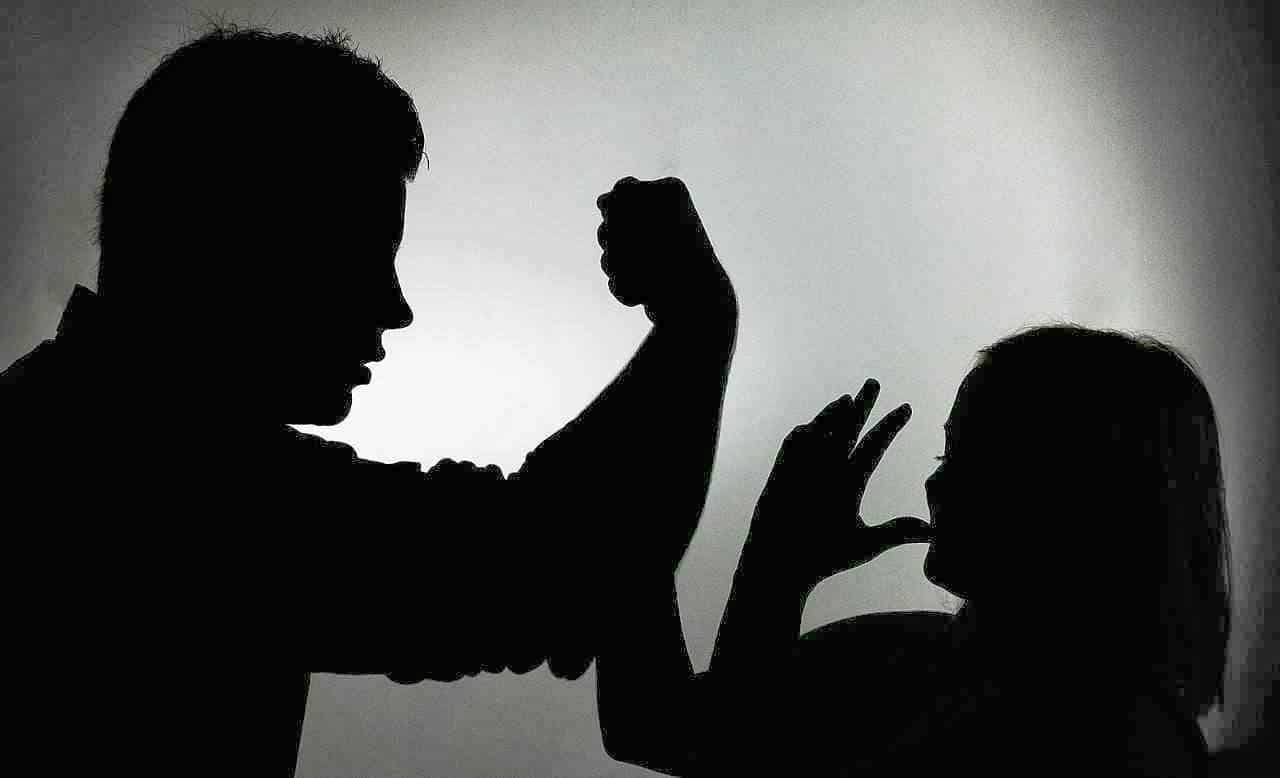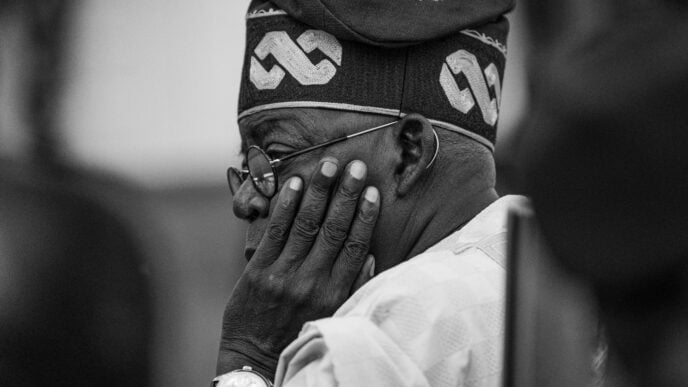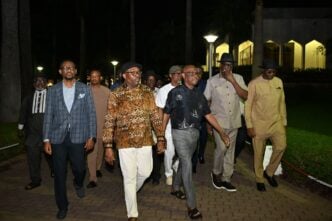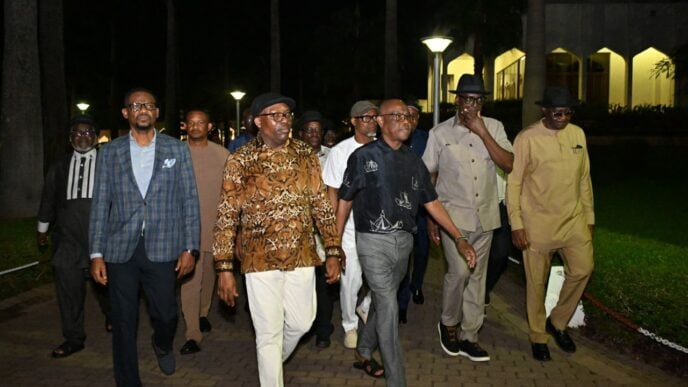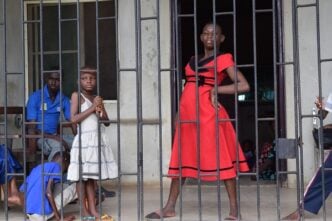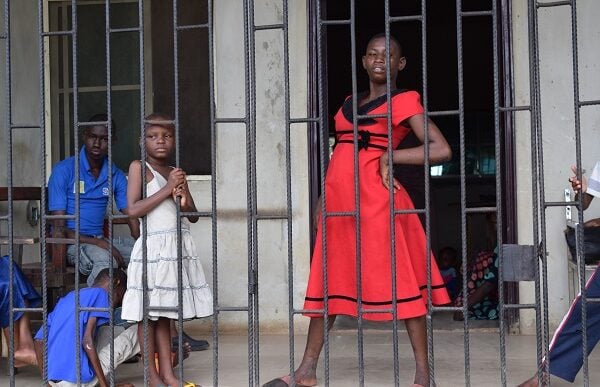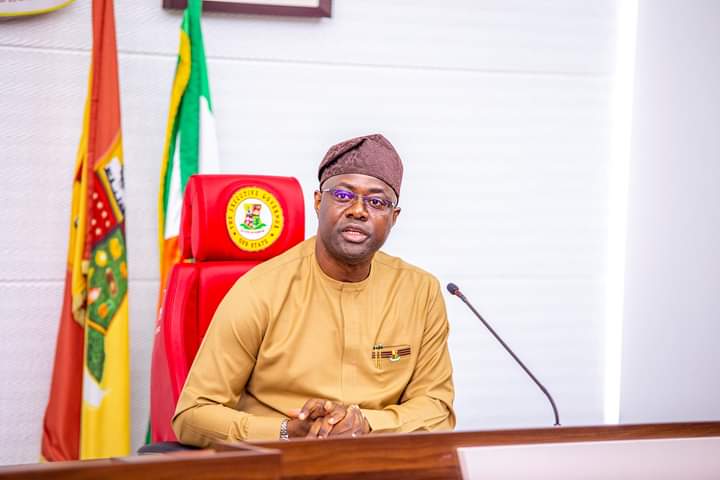BY OLUWASEYI IBUOYE
In recent years, the movement against gender-based violence (GBV) has given millions of women and girls the courage to speak out, advocate for justice, and demand safer communities. It has reshaped public conversations, pushed for better policies, and exposed long-hidden patterns of abuse. However, as this movement gains momentum, we must also confront a delicate but important truth: false GBV allegations, though statistically rare, can cause real, long-lasting damage. False allegations of GBV are not just misunderstandings; they can shatter lives.
Take the widely publicised case of actor Johnny Depp. In 2018, following domestic violence allegations made by his ex-wife Amber Heard, Depp was dropped from major film projects, including the Fantastic Beasts franchise. Even though he later won a defamation case in court and presented evidence that cast doubt on the allegations, the impact on his career and reputation had already taken root. The public had made its judgment long before the legal system could respond.
In Nigeria, a more personal and sobering account was shared in an interview with media personality Chude Jideonwo. Dr. Olugbenga, a respected medical professional, and his wife detailed how a false rape allegation turned their lives upside down. The case sparked investigations in both Nigeria and the United Kingdom, leading to professional scrutiny and emotional trauma. Despite being cleared by medical regulatory bodies in both countries, the accusation left a deep stain.
Advertisement
“It wasn’t just an accusation, it was a dismantling of our lives,” Dr. Olugbenga recalled.
His wife, seated beside him, spoke of the silent suffering, social isolation, and emotional toll of defending a truth that no one wanted to hear.
THE REAL COST OF FALSE ALLEGATIONS
Advertisement
False claims of GBV can leave the accused with more than reputational damage. They often result in loss of income, severe mental health consequences, exclusion from society, and the breakdown of personal relationships. For public figures, the cost is even higher. Their affiliations with brands, organizations, and audiences are often severed swiftly, sometimes permanently.
While studies vary, some suggest that between 8% to 10% of reported rape allegations in the United States are proven to be false. In the UK, Home Office figures estimate the number to be lower, but even a small percentage can have a disproportionate impact. It’s important to emphasize: these figures do not negate the high prevalence of real GBV cases, but they do reveal a necessary space for accountability, truth, and fairness.
WHY DO FALSE ACCUSATIONS HAPPEN?
Motives for false claims can vary. In some instances, individuals may make such allegations during custody battles or divorce proceedings to gain leverage. In others, the reasons could be jealousy, revenge, attention-seeking, or even societal pressure.
Advertisement
Khumalo, a gender advocate, explains that false allegations are often rooted in personal motives that differ from case to case. But no matter the reason, the result is often the same: emotional, financial, and social devastation.
And worse, false claims can cast doubt on genuine survivors’ experiences. They can fuel scepticism, embolden abusers, and make it harder for real victims to come forward. In essence, one false allegation has the power to undo the trust built over years of advocacy.
JUSTICE MUST BE FOR ALL
This is not a call to dismiss or diminish the voices of survivors. It is, instead, an urgent plea to uphold the integrity of the GBV movement. Advocacy must be anchored in truth and fairness, with systems in place that:
Advertisement
● Ensure due process for both accuser and accused.
●Investigate thoroughly and act based on evidence, not public sentiment.
Advertisement
● Protect victims and the wrongly accused from societal backlash.
● Educate the public on the gravity of false claims without undermining real experiences.
Advertisement
We must also demand responsible journalism. Media trials and viral accusations without verification create a culture where lives are destroyed in the name of “clicks” and “breaking news.”
A MOVEMENT WORTH PROTECTING
Advertisement
The gender-based violence (GBV) movement is one of the most important of our time.
It has saved lives, shifted cultures, and amplified voices that were once silenced. It has forced institutions to confront uncomfortable truths and demanded that society take a hard look at the power dynamics that enable abuse.
But like any powerful movement, it is not immune to misuse.
● Sometimes, unverified claims are weaponised.
● Sometimes, systems meant to protect are manipulated.
● And often, the fear of false accusations is used to discredit the entire movement. We must have the courage to do both:
● Call out falsehoods where they exist, not to delegitimise survivors, but to uphold the truth.
● Support real victims wholeheartedly, without making their pain a spectacle.
● Hold space for nuance, because not every situation is black and white, and justice demands integrity, not convenience.
The credibility of the GBV movement lies in its commitment to both compassion and accountability. We cannot afford to erode that trust.
We owe it to survivors.
We owe it to justice.
We owe it to each other.
Let’s protect the cause.
Let’s protect the truth.
Let’s protect each other.
If you or someone you know has been affected by gender-based violence or false allegations, please seek professional legal or counselling support. Justice begins with truth, and healing begins with being heard.
Oluwaseyi Ibuoye is a gender and development scholar, women’s rights advocate, and founder of Pataki Legacy Foundation. She has over nine years of experience in the nonprofit sector, focusing on gender justice and labour equity. Her work centres on amplifying women’s voices and challenging structural inequalities. LinkedIn www.linkedin.com/in/oluwaseyi-ibuoye Email: [email protected]
Views expressed by contributors are strictly personal and not of TheCable.
